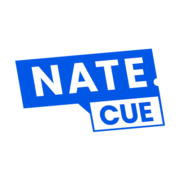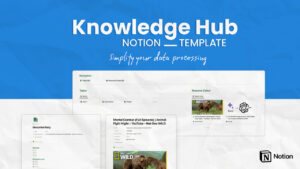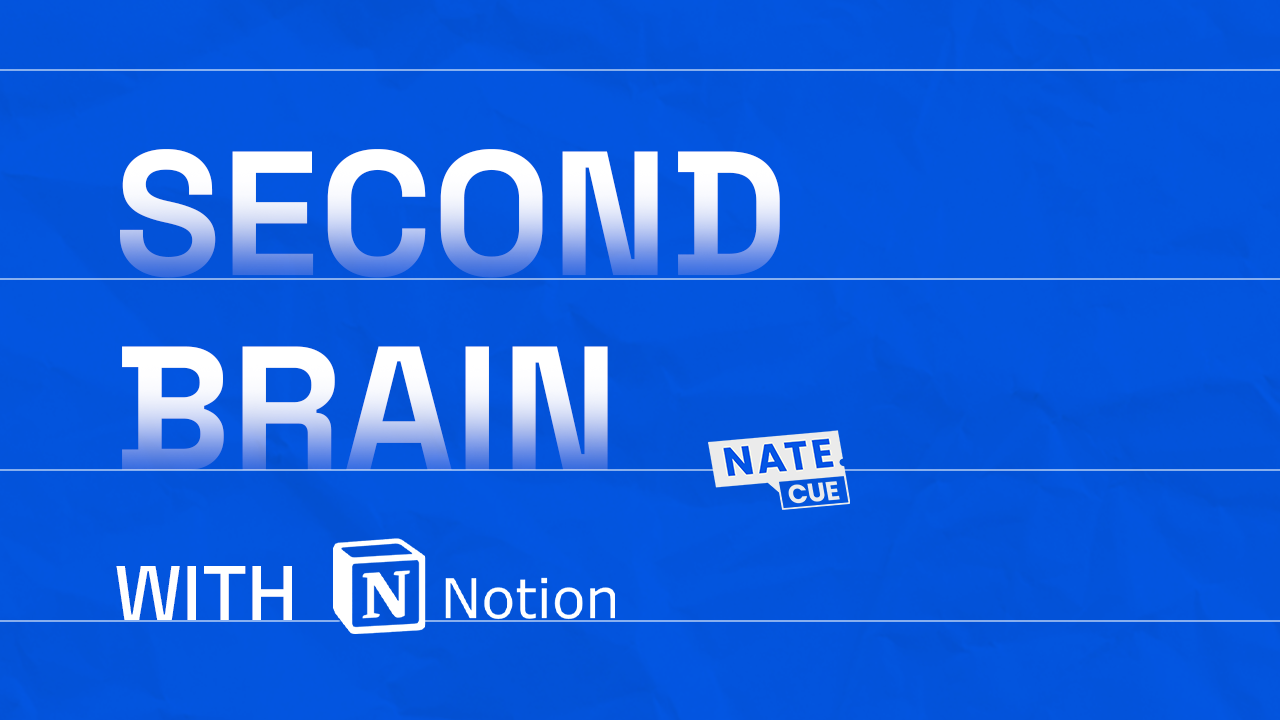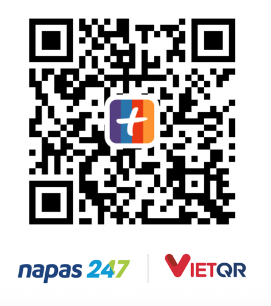I used to use Notion frequently to take notes, store knowledge, make daily diaries, and generally settle on Notion. However, I just learned that there are numerous alternative ways to take notes that are better and more appropriate for me. From there, I learned more and discovered that there are many different ways to take notes, and they are all appropriate based on the individual’s approach. Consider the following:
Take note styles & corresponding apps
There are (mainly) 3 types of take notes that you will often see:
1. Architect: Plan first, furniture comes later
These are persons that enjoy planning and building systems; typically, this type of person prefers a variety of configurable tools to create their own database. When they need to find information, they already know where to look and who to ask.
2. Gardener: Wherever you plant, till it
These folks aren’t concerned with setting up positions first; just do anything you want, make links between notes, and whenever you need to search something, this keyword will link to that keyword, and you’ll finally find it. I need to find a note. Simply put, you know what you’re going to note, but you don’t know how that note will be connected to other notes, or whether anything new will emerge in the future; simply take notes wherever you go, and it will grow gradually develop.
3. Librarian: Just create notes and arrange locations
Typically, this type of person enjoys gathering information and organizing it nicely; notes are placed in small folders, large folders, large folders; when they need to find a note, they just follow the separated folders to get the note they require.
Architect - Notion

Famous and popular application (probably the most) at the present time. Use “blocks” as the core.
- Strong Points:
- The combination of using Database tables + Customized View with Property + Filter + Sort creates flexibility for each person’s specific needs.
- Databases can be linked together, from which more ways can be deployed to develop the database.
- Cloud stored, không tốn dung lượng máy, đồng bộ các thiết bị gần như lập tức.
- Almost free, paid packages are only needed when you work as a team or need advanced features.
- Convenient for sharing.
- The community is extremely large and enthusiastic.
- The community is extremely large and enthusiastic.
- Can be scaled up for the team to use comfortably and easily get used to
- Need to think:
- Needs to be pre-set up to use. To create a satisfactory system is quite time-consuming and labor-intensive. People who use pre-setup can easily get lost.
- Because it is cloud-stored, when there is a lot of data, it takes a long time to load and sometimes crashes.
- The more the database expands, the more difficult it is to manage. If you don’t set it up properly, you’ll have nothing to remember.
- If you want to fix something in the middle of the construction process, then you’ll end up going up and down because you’ve edited the planning.
Basically, Notion is still at the top of my mind, it’s delicious to use without being afraid of being expensive. You can read my previous article about Notion here.
Similar apps (I have not tested, listed for everyone’s reference): Coda, Craft.
However, I recently discovered my true love in life, because I feel like I’m more like a Gardener, so let’s move on to the next take note.
Gardener - Obsidian
This is a new app I discovered recently, and it’s incredibly convenient to use (I learned I’m more of a Gardener type); I’m currently progressively moving to this app.
Obsidian is just a text editor that allows you to write Markdown notes; the main use is the Zekkelkasten take note method, and the best part is that you can connect notes quickly and open them easily.
For example, supposing you are on note A and are entering note type, which needs to be linked to note B (which may or may not have been generated); You link to and play note B for 5 seconds before clicking on it to access note B. When you are on note B, you will know which note it is related to (in this case, note A), and you will be able to click to open A immediately.
It also offers a graph view that will show you an overall perspective of how your notes are related, similar to a second brain.

As you can see in the image, you have three tabs open; on the left is a note in which I’m documenting the content of Seth Godin’s book. This is Marketing that I’m reading; on the right is my general Marketing note; and below is the content mind map. (Generated automatically – really cool); Now I can link my thoughts together in a very convenient way, and coming up with a new concept is easy without the risk of getting lost as with Notion.
- Strong Points:
- Link notes conveniently & intuitively.
- There are many great plugins from the community for you to explore every day – this one is better than Notion.
- Just like your second brain, knowledge is linked together (and you can feel it).
- Data saved locally, high level of personalization
- Need to think:
- Usage is still a bit difficult for ordinary users (because it’s a bit too technical).
- The template is difficult to use, it doesn’t have to be duplicated and used like Notion, but you will most likely need to customize it again.
- If you’re not a Gardener, it’s kinda hard to get used with it (unlike Notion, Evernote can take notes of any type.
- Because it is saved locally, sharing is not convenient and is not very suitable for team use.
Bonus views of day 1 and day 11 when I start testing Obsidian.
Librarian - Evernote, OneNote

These two programs are most likely incredibly popular among everyone. The app allows you to make notes on text, voice, images, files, and so on.
These programs create powerful tag and search systems; you may rapidly find notes based on tag, creation date, update date, or data type.
This type of individual would typically keep notes in a hierarchical folder format, which is ideal for those who are organized and systematic.
The strength of this type of software is that it is simple to use and popular; the weakness is that note linkage is not strong; it is still adequate, but a bit clunky. And while folks who take notes in the Librarian manner are usually suitable, my note warehouse has been like a battlefield for a while, and I don’t want to touch it.
Final Thought
We have gone over the different forms of take notes and basic support software in this sharing article; each person will have a unique take note style, therefore any tool can be used for me. For you and me, as long as it helps us produce value. Don’t be frightened to try new things and learn new things.
Thank you for spending time reading the content.
Cheer.





